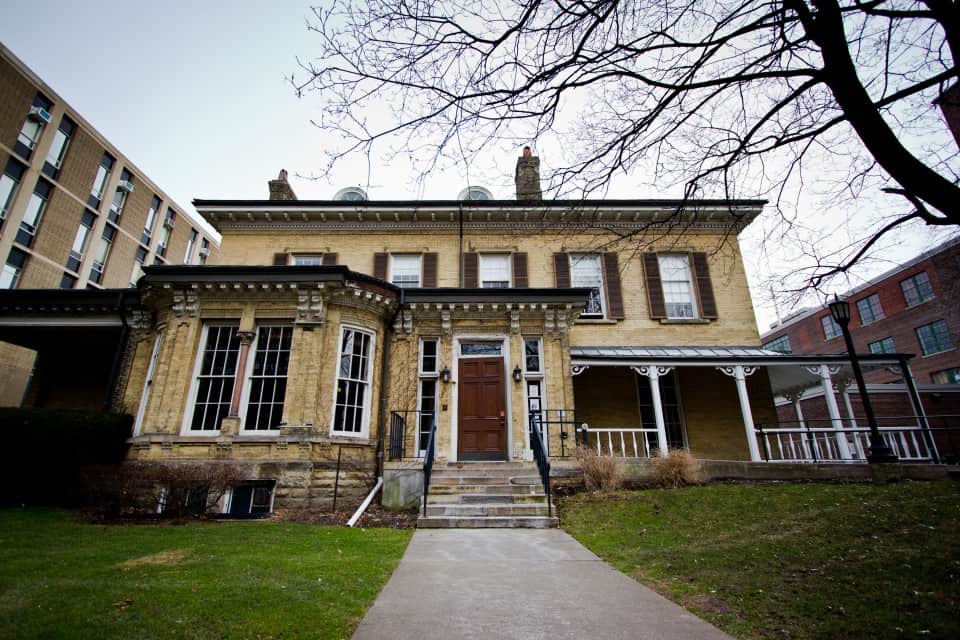Nearly a fifth of all University of Toronto undergraduate students come from countries other than Canda. In 2014, over 3,000 first year students were from abroad, which constituted a 60 per cent raise in enrollment from 2010.
With U of T consistently ranked within the top 20 schools worldwide, the university continues to see growing numbers of international applicants along side growing international tuition fees.
U of T’s international undergraduate enrolment has grown steadily over the past six years, growing from 6,233 students in 2009 to 11,894 students in 2014.
How do we shape up?
Throughout the country, international student enrolment has increased. At the University of British Columbia (UBC) and McGill University, the undergraduate international enrolment has increased from 3,374 in 2009 to 5,135 in 2014 and 4,057 in 2009 to 5,147 in 2014, respectively.
In 2014, the government announced a strategy to double international student enrolment by 2022, without displacing any domestic students. This means that the total Canadian international student population is projected to grow to over 450,000 students in the next seven years.
While numbers for the 2015–2016 school year have not yet been released; if U of T’s enrolment has followed the six-year trend it will have increased by 13.84 per cent over last year’s numbers.
U of T has had the greatest growth rate in comparison to UBC and McGill. U of T’s growth rate of 13.84 per cent compares to UBC at 11.17 per cent at UBC and 5.01 per cent at McGill.
By the year 2022, if international undergraduate enrolment is doubled at U of T and tuition increases five per cent per year, the university will make just over one billion dollars annually in international student tuition.
The international student experience
Vlada Sadetckaia, a recent graduate from the Daniels Faculty of Architecture, Landscape and Design, said that when she arrived here four years ago from Russia, she struggled to find adequate support when integrating into Canadian culture.
With regard to paying higher and higher tuition fees every year, Sadetckaia believes that she was paying more for less. “I actually think they decreased the [number] of counselors they had in the beginning and now it’s just one guy who is always too busy,” she said.
U of T has one certified immigration advisor, a position that other universities in Canada do not have.
John Khalid, an international student from Pakistan studying economics and statistics, says that if the university is planning on increasing the number of international students, the best way they can benefit them is through changing their current policies in regards to international student financial assistance and creating more centres around campus for easier access to counselors.
Little flexibility for international students leads students like Khalid to feel like they have no emergency support at U of T.
“Before enrolling for this year I was facing some financial constraints and so I went to the New College registrars office and asked them if I [could] get my fees deferred for just a month so I can have some time to make arrangements but the registrar refused,” he explained. “They said that the university does not allow international students to defer their fees, despite the fact that I have paid all my previous tuition fees on time and in full.”
Currently, nationwide policy calls for all international students to provide proof of financial means before receiving a study permit to Canada, meaning that they show that they do not require financial assistance.
U of T does have emergency housing and funds for international students if they find themselves in a dire situation.


